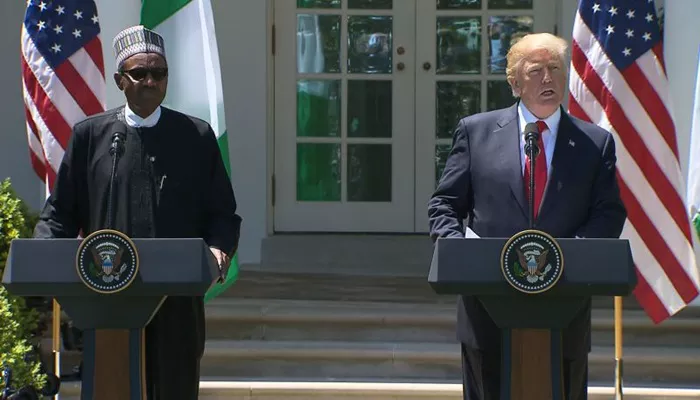On June 15 local time, ahead of his departure to Canada for the G7 summit, US President Donald Trump expressed optimism about a potential agreement between Israel and Iran, while also suggesting that “sometimes they need to have a fight.”
Optimism for an Agreement Amidst Suggestions of Conflict
“I hope we can reach an agreement. I think it’s time to reach an agreement, but we’ll have to see how things develop,” Trump stated, adding that “sometimes they have to fight it out.” Despite this call for possible confrontation, he emphasized a “quite high” probability of an accord between the two nations.
Trump also highlighted positive relations, asserting that the US and Iran “get along very well,” and that Israel and Iran “respect each other very much.” When pressed on whether he had asked Israel to halt airstrikes against Iran, the president declined to provide a clear answer, simply saying, “I don’t want to say this.”
Consistent Stance on Conflict Resolution
This rhetoric echoes Trump’s previous remarks on the Russia-Ukraine war, where he likened the conflict to “two children fighting in a park” and argued that allowing the parties to engage briefly before mediation could be more effective.
Uncertainty Over US Intervention
Trump indicated that the US “might” intervene in the conflict in Iraq, and acknowledged that while the US was not currently involved in Israel’s military strikes against Iran, future intervention remained “possible.”
Background: Escalating Tensions in the Middle East
These comments come amidst a backdrop of heightened hostilities. Since Israel launched large-scale airstrikes on Iran on June 13, both sides have exchanged attacks, resulting in significant casualties. Iran has accused the US of coordinating with Israel, an allegation the US has denied.
Prior to the latest round of violence, Trump had given Iran’s Supreme Leader Ayatollah Ali Khamenei 60 days to negotiate a nuclear deal, warning of consequences if an agreement was not reached. As of June 15, with the self-imposed deadline passed, the president’s statements suggest a continued push for diplomacy, albeit with an acceptance of temporary conflict.
While Trump has also expressed openness to Russian President Vladimir Putin mediating the conflict, the US role in the ongoing hostilities remains unclear, leaving the region in a state of heightened uncertainty.
Related topics:
- Stop the “Gift War” Escalation: Banks’ Deposit Collection Tests Their Comprehensive Financial Service Capabilities
- Jiangsu: Guide Commercial Banks to Expand the Supply of Counter Bond Investment Products Such as Local Government Bonds and Financial Bonds
- China’s Major Financial Newspaper Headlines: May 30, 2025

